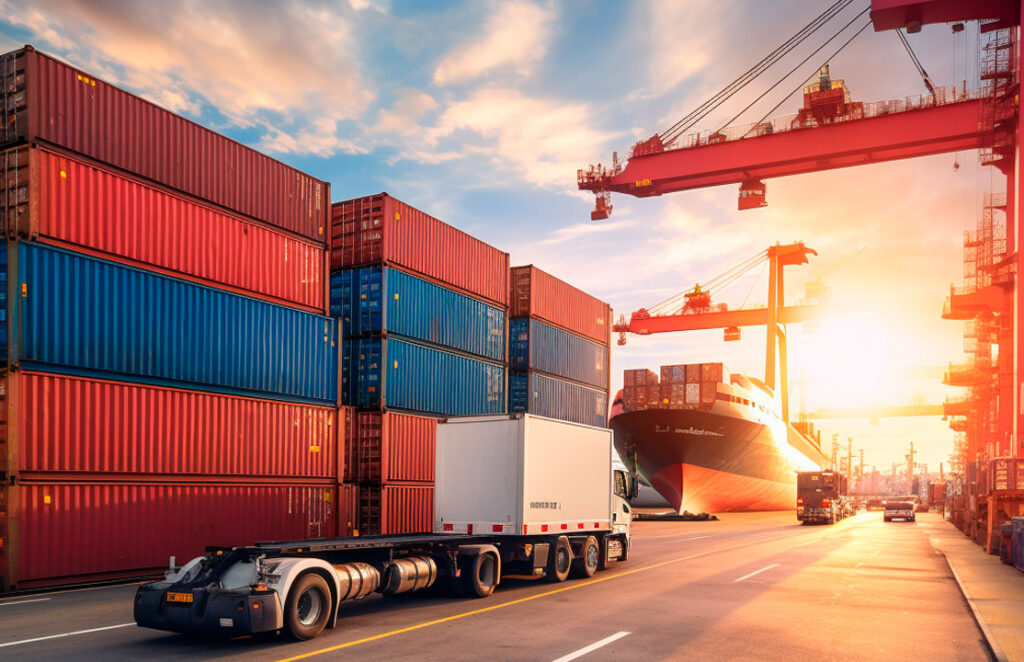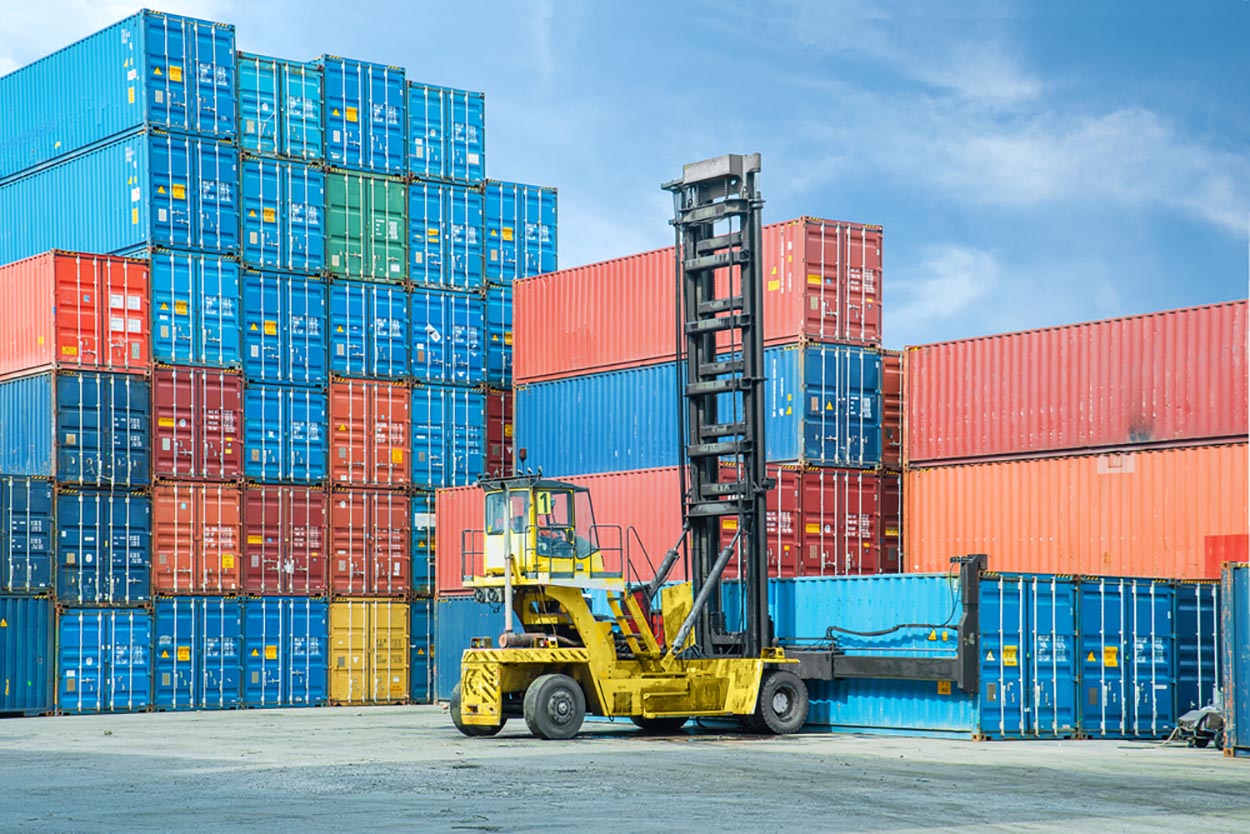Indonesia is the biggest archipelago is dependent heavily on cargo trips to link the more than 17,000 islands and support its growing economic growth. Its extensive geography, spanning hundreds of kilometers over a variety of terrains and waterways, makes efficient logistics a cornerstone of nation-wide growth. Cargo trips are carried out in Indonesia are essential in transporting essential goods as well as promoting regional trade and linking remote areas with global markets. From everyday essentials to industrial items and even industrial products, cargo companies ensure that the flow of goods is uninterrupted, regardless of the logistical challenges posed by such a sprawling area. This intricate web of connectivity has been a lifeline to businesses and communities alike.
The logistical complexities in Indonesia arise from its unique geographical location, in which mountains, oceans and forests create natural barriers to transportation. Therefore, shipping by sea remains the predominant mode of transport for cargo, with Indonesia’s extensive port network serving as vital centers. The major ports such as Tanjung Priok in Jakarta and Belawan in Medan handle significant volumes of trade both domestically and internationally as well as smaller ports enable transport of goods and services to distant islands. The importance of air freight is in the case of high-value or time-sensitive cargo, as it allows for quick delivery to even the most isolated regions. This multimodal approach, combining maritime, air, and land transport, is crucial to overcome Indonesia’s logistical challenges and maintaining supply chain efficiency.
In recent years, advances in technology have revolutionized the business of cargo transportation in Indonesia increasing efficiency and greater transparency. The use of digital tracking technology allows businesses and consumers to monitor shipments in real time, reducing uncertainties and improving customer satisfaction. Data analytics and automation help logistics companies optimize routes, control inventory and predict the patterns of demand more precisely. Additionally, the growth of online shopping has had a significant impact on the logistics industry, as companies are expanding their networks and investing in delivery services for last mile to satisfy the needs of online shoppers. Technological advancements have not only streamlined the process but also established the Indonesian cargo industry as a competitive participant in the international logistics market.

Initiatives by the government have played an important contribution to addressing the logistics challenges facing Indonesia and enhancing its capacity for cargo transport. Programs such as”Sea Toll Road,” for instance “Sea Toll Road” aim to improve connectivity between islands, reduce the cost of logistics, and encourage an equitable development of the economy. In subsidizing shipping routes and improving port infrastructure The government aims to bridge the gap between cities with developed centres and the rural regions that aren’t served. This has resulted in a transformational change and enabled rural communities to have access to goods and markets while encouraging regional economic development. Government commitment to strengthening infrastructure highlights the significance of cargo transport in meeting national development goals. For more information please visit here https://muat.com/
The cargo industry expands, there’s an increasing emphasis on sustainability and reducing the impact on the environment. The dependence of the sector on ships, trucks, and planes contributes to carbon dioxide emissions as well as environmental degradation. In order to combat this the logistics industry is adopting green practices including purchasing energy efficient trucks, improving delivery routes in order to cut down on fuel usage and exploring the usage of renewable energy sources. Green packaging and waste reduction initiatives are also growing in popularity as businesses strive to align with global environmental standards. They not only reduce environmental impact of the business but also improve its image with environmentally-conscious consumers as well as other international players.
To conclude, cargo operations constitute the core of Indonesia’s economy. They facilitate the smooth movement of goods over a tumultuous and diverse landscape. The industry’s ability to adapt to changing technological, geographical, as well as environmental needs ensures its continuous relevance in an ever changing market. As Indonesia increases its involvement in international trade systems, the role of cargo voyages is only going to increase in importance. Through embracing new technologies, government support, and environmentally sustainable methods, this sector is well-positioned to drive economic growth and enhance connectivity across the archipelago, in the end, bridging islands with potential for future generations.




Leave a Reply